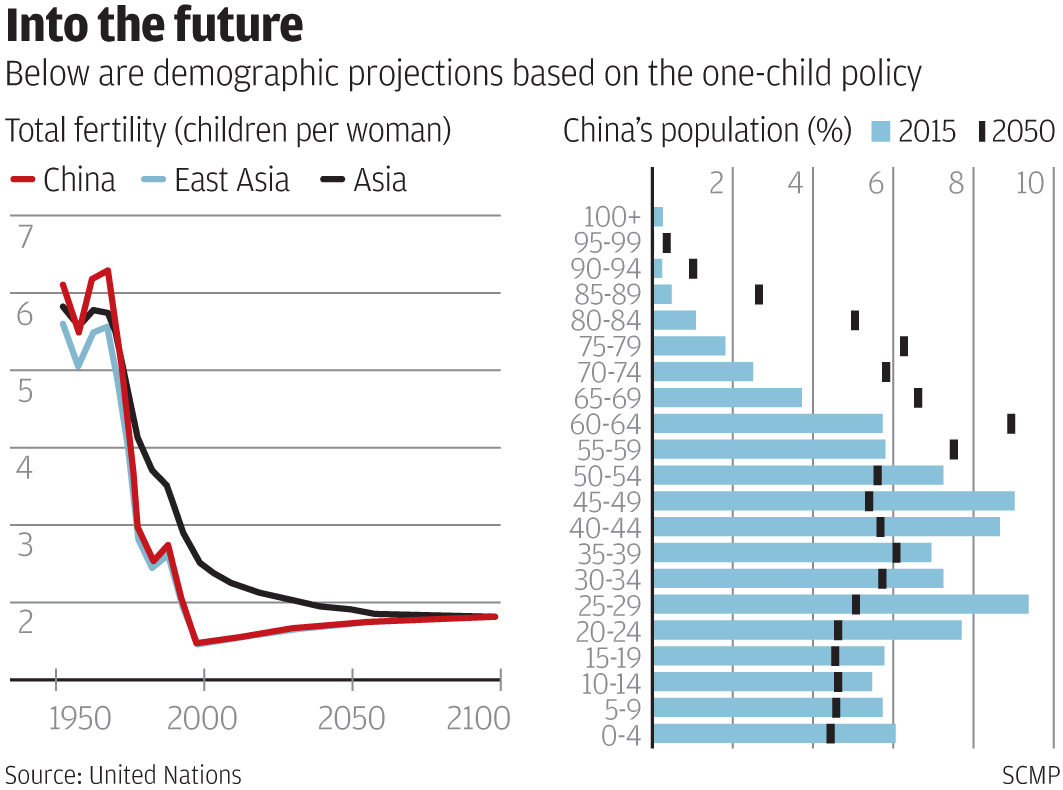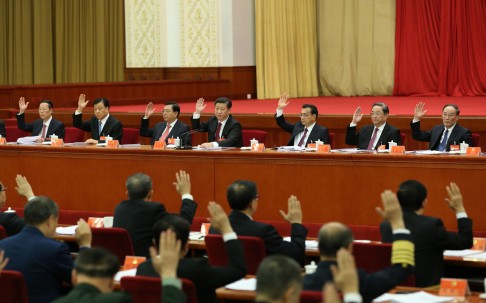China will abolish its decades-old, controversial one-child policy and allow all couples to have two children, Communist Party leaders said on Thursday after they wrapped up a four-day annual policymaking meeting.
The decision, which comes two years after the authorities began allowing couples in which one parent is an only child to have a second child, saw shares in milk powder maker Danone rise 3 per cent in European trading.
The fifth plenum of the party’s 18th Central Committee also endorsed a new five-year economic plan, according to a communiqué released by Xinhua. But there was no mention of any reshuffle of the powerful Central Military Commission.
Party leaders pledged to double the size of the economy by 2020 from 2010 levels as they approved a guideline for the 13th five-year plan. The plan runs from 2016 to 2020 and is the first since President Xi Jinping and Premier Li Keqiang came to office in 2012.
The leaders also called for the development of a consumption-driven economy and to promote technology to replace exports and state-led capital investment as sources of growth.
It gave no annual growth target for the next five years. But doubling the size of the economy in one decade would require annual growth of between 6.5 per cent and 7 per cent, a goal that could clash with efforts to pursue balanced and sustainable economic expansion.
Analysts have been on the lookout to see if Beijing will value growth over reform. Li told party members last week that annual growth of at least 6.53 per cent was needed in the next five years to meet the goal of establishing a “moderately prosperous society”, Bloomberg reported.
The government is struggling with conflicting goals of pushing ahead with painful economic reforms and preventing growth from sliding too fast. The economy grew at just 6.9 per cent in the third quarter, the slowest rate in six years and lower than the official 7 per cent target for the year.
Tao Wang, chief China economist with UBS Securities Asia, said the 13th five-year plan would require an annual average GDP growth target of between 6.5 per cent and 7 per cent to ensure per capita income doubled by 2020 from 2010.
The communiqué said the country would continue to pursue sustainable growth through quality and efficiency.
The decision to remove all remaining restrictions that limited some couples to having only one child marks the end of a policy rolled out in 1980 and which led to severe gender imbalances.
But Liang Zhongtang, a demographer from the Shanghai Academy of Social Sciences, said the change in the policy was not progress. “The government is still trying to control what is a basic human right. The decision on the number of children should be left entirely to couples,” Liang said.
The committee’s 199 members and 156 alternates examined the plan, which will be put to the legislature in March. The plenum also elevated three alternate committee members to become full members to fill vacancies left by officials who were disciplined.
Other reforms include deregulating price controls, and implementing better environmental protection policies. China will also extend old-age insurance to all of its citizens.
Additional reporting by Zhuang Pinghui

















